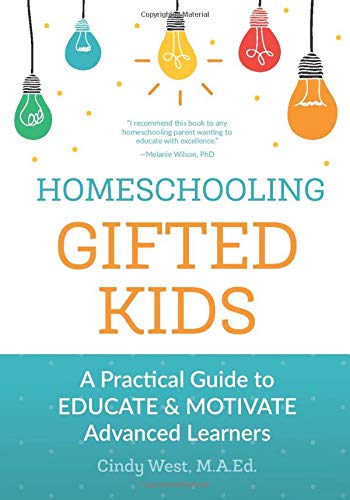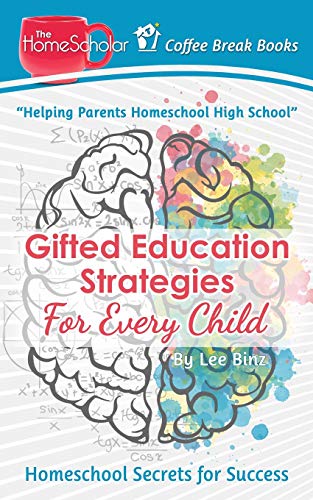The Importance Of Play For Your Entire Family
It’s easy to think of examples of how play helps young children and preschoolers. But what about older kids, teens, and even adults? The importance of play for your entire family is significant and the focus of our discussion today.
The Power Of Play
It’s likely that you already know how powerful play can be for young children. Play in learning has been a significant part of early childhood education and development for years.
But did you know that play has just as many benefits for older children, teens and even adults?
Play As A Part Of Learning
This example of play as a part of our curriculum is the ideal and also the simplest. It always begins with play and we build from there!
Teens and Adults Benefit From Play Too!
There is more and more research showing the value of adding play to our lives and our learning.
For example, Lawrence Robinson, Melinda Smith, M.A., Jeanne Segal, Ph.D., and Jennifer Shubin worked together to research the impact of play on adults. They found the following benefits to be evident in a play based lifestyle.
Play helps:
Relieve stress. Play is fun and can trigger the release of endorphins, the body’s natural feel-good chemicals. Endorphins promote an overall sense of well-being and can even temporarily relieve pain.
Improve brain function. Playing chess, completing puzzles, or pursuing other fun activities that challenge the brain can help prevent memory problems and improve brain function. The social interaction of playing with family and friends can also help ward off stress and depression.
Stimulate the mind and boost creativity. Young children often learn best when they are playing—a principle that applies to adults, as well. You’ll learn a new task better when it’s fun and you’re in a relaxed and playful mood. Play can also stimulate your imagination, helping you adapt and solve problems.
Improve relationships and your connection to others. Sharing laughter and fun can foster empathy, compassion, trust, and intimacy with others. Play doesn’t have to include a specific activity; it can also be a state of mind. Developing a playful nature can help you loosen up in stressful situations, break the ice with strangers, make new friends, and form new business relationships.
Keep you feeling young and energetic. In the words of George Bernard Shaw, “We don’t stop playing because we grow old; we grow old because we stop playing.” Play can boost your energy and vitality and even improve your resistance to disease, helping you function at your best.
We do our families a disservice when we think play is only for the little ones. It actually can be a significant part of our lives, our relationships, and our learning at all ages!
Raising Lifelong Learners Episode 139: The Importance Of Play For Your Entire Family
In this episode, we discuss the importance of and opportunities for play in our lives and in our homeschooling. We cover various ideas and strategies we use to keep play in our every day.
Links And Resources From Today’s Show:
- SPONSOR: CTC Math
- The Learner’s Lab, a Raising Lifelong Learners community created just for your quirky family!
- Hands-On Learning and Play for All Ages with Spielgaben
- Strewing in Your Homeschool to Spark Curiosity
- Self-Directed Homeschooling High School with Trevor Kessler
- Knowing Your Gifted Child
- The Best Advice I Can Give You: Become A Student Of Your Child
Leave a Rating or Review
Doing so helps me get the word out about the podcast. iTunes bases their search results on positive ratings, so it really does help — and it’s easy!
-
- Click THIS link to go to the podcast main page.
- Click on View in iTunes under the podcast cover artwork.
- Once your iTunes has launched and you are on the podcast page, click on Ratings and Review under the podcast name. There you can leave either or both! Thanks so much.
Want to record your own question, comment, or have your kids tell us what they LOVE to learn about? Click below and start recording!




















